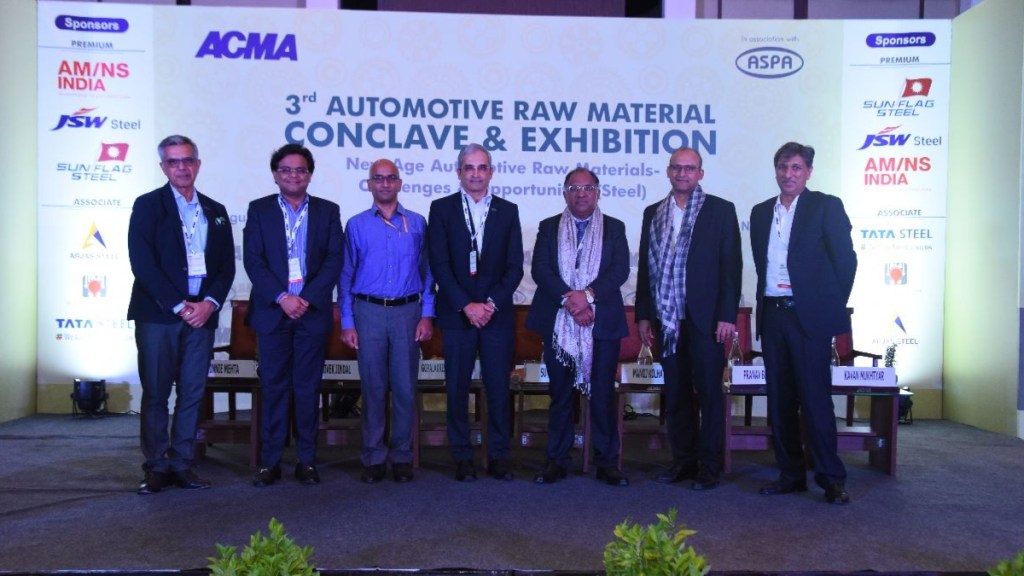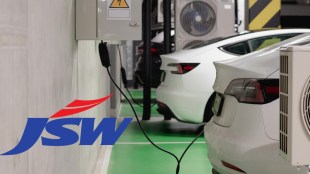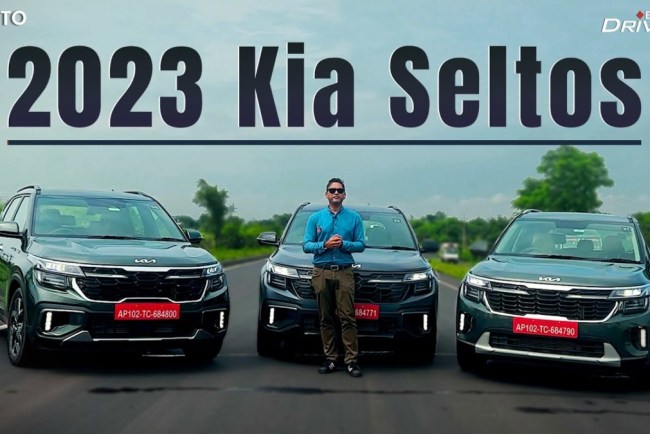The Automotive Component Manufacturers Association of India (ACMA) in partnership with the Alloy Steel Producers Association (ASPA) concluded the 3rd Automotive Raw Materials Conclave and Exhibition.
The theme of the event was ‘New Age Materials – Challenges & Opportunities,’ which brought together key stakeholders to discuss the transformative potential of advanced materials in the automotive industry. It provided insights on bringing efficiencies and facilitating sustainability and circularity through the deployment of next-generation materials.
The automotive sector is amidst a paradigm shift, with cutting-edge materials leading the way in vehicle design, safety, and sustainability. Challenges like commodity price fluctuations, geo-political instability, and geographic material concentration are impeding the transition to the new age materials, according to the PwC Report presented at the conclave.
However, the convergence of multiple factors like focus on circularity, improved vehicle performance, and enhanced safety standards are driving new material choices in components for automotive applications.
Gopalakrishnan Ganesan, Deputy Secretary of the Ministry of Steel, said, “We’ve witnessed remarkable progress in the automotive and steel industries over two decades, complementing each other and aligning with government goals. The PLI Scheme for Steel has been a driving force, especially for alloy steel in fostering innovation. The government, the steel industry and the automotive industry, together need to forge a self-reliant innovative future, creating ground-breaking products in advancing the nation.”
Vinnie Mehta, Director General, ACMA said, “In this era of rapid technological evolution and environmental consciousness, the automotive sector finds itself at a critical juncture. The convergence of electrification, autonomous driving, and the pressing need for eco-friendly transportation necessitates a radical rethinking of raw materials. At ACMA, we firmly believe that challenges are opportunities in disguise. The complexities that lie ahead, from securing a stable supply of critical minerals to scaling up the production of new-age materials, present us with opportunities to innovate, collaborate, and create lasting impact.”
Key discussions
The key themes explored during the discussion included:
- Advancements in lightweight materials and their impact on fuel efficiency and environmental sustainability.
- High tensile strength alloys and their contributions to vehicle safety and performance.
- Sustainable manufacturing practices and their role in reducing the automotive industry’s ecological footprint.
- Emerging trends and innovations in automotive materials, presenting opportunities for growth and competitiveness.
Sunil Kakkar, Sr. Executive Director, Maruti Suzuki India said, “In the rapidly transforming automotive industry, we see significant challenges and opportunities. The regulatory environment in India is aligning with global norms, and trends like connected, autonomous, shared, and electric mobility are shaping the industry’s future. Despite the pandemic, the industry has shown resilience, and our unsaturated market offers vast growth potential. Collaboration between steelmakers and the automotive industry is crucial to meet the safety, emission, and light-weighting needs of the industry.”



















